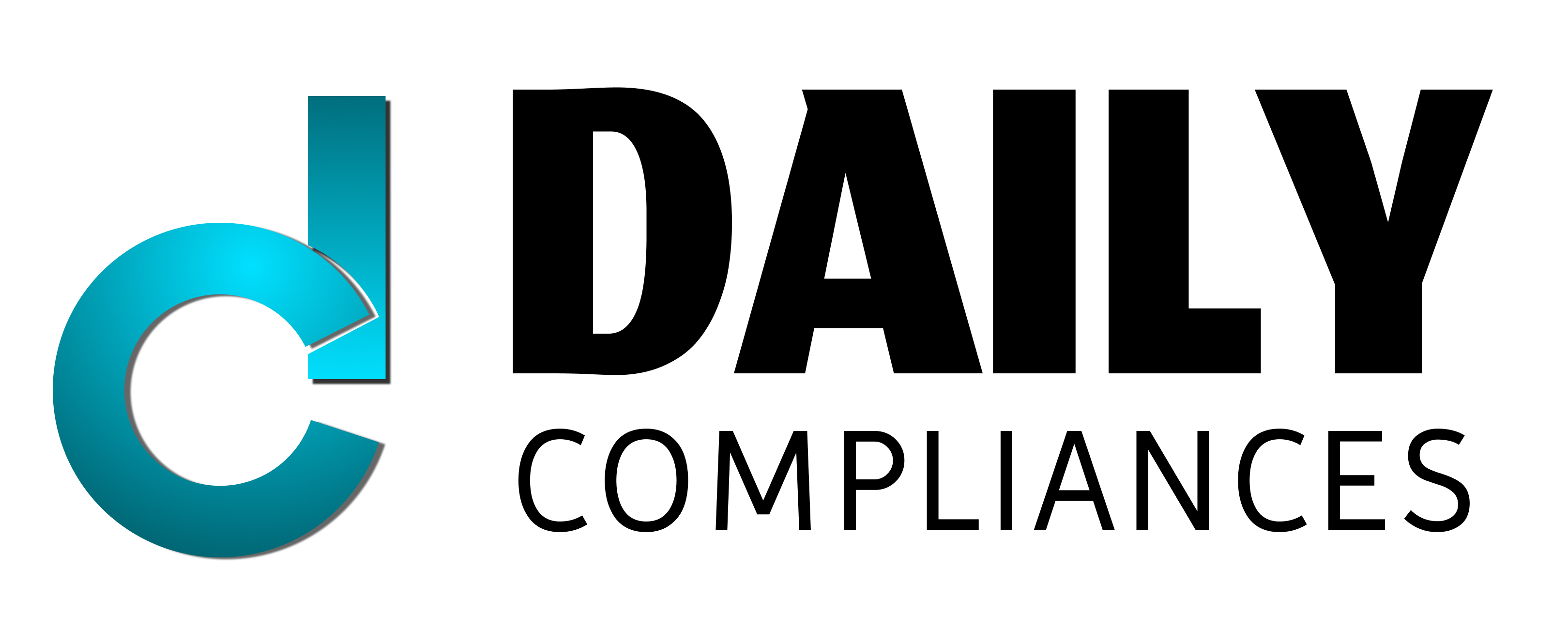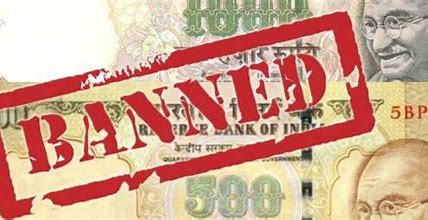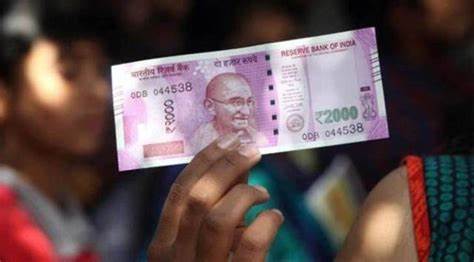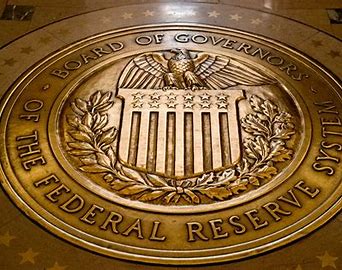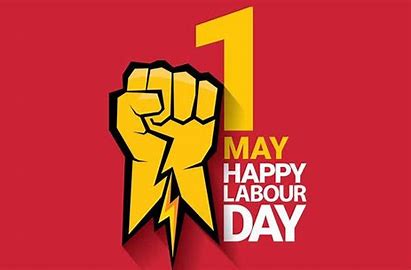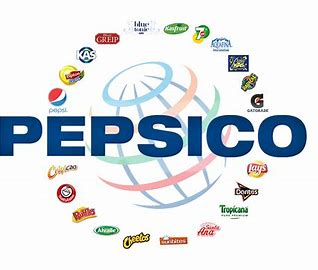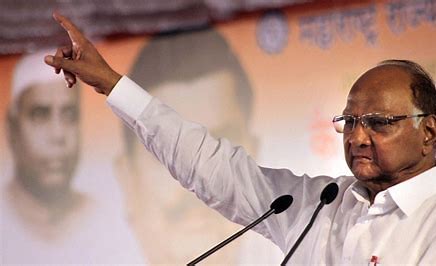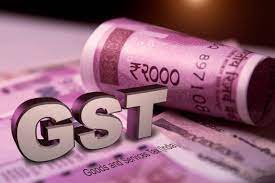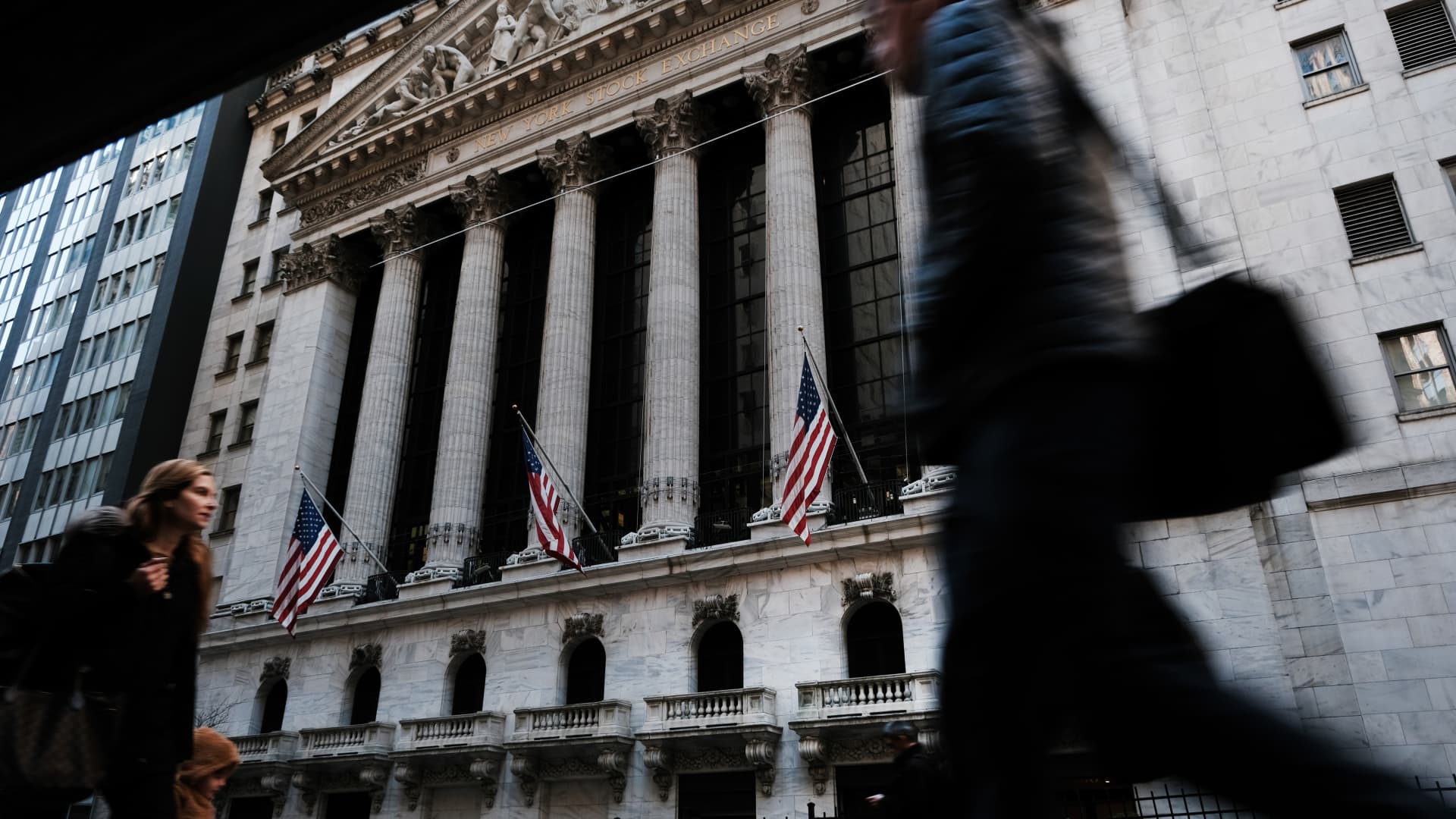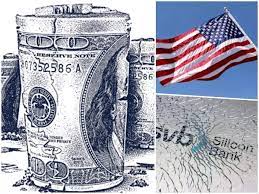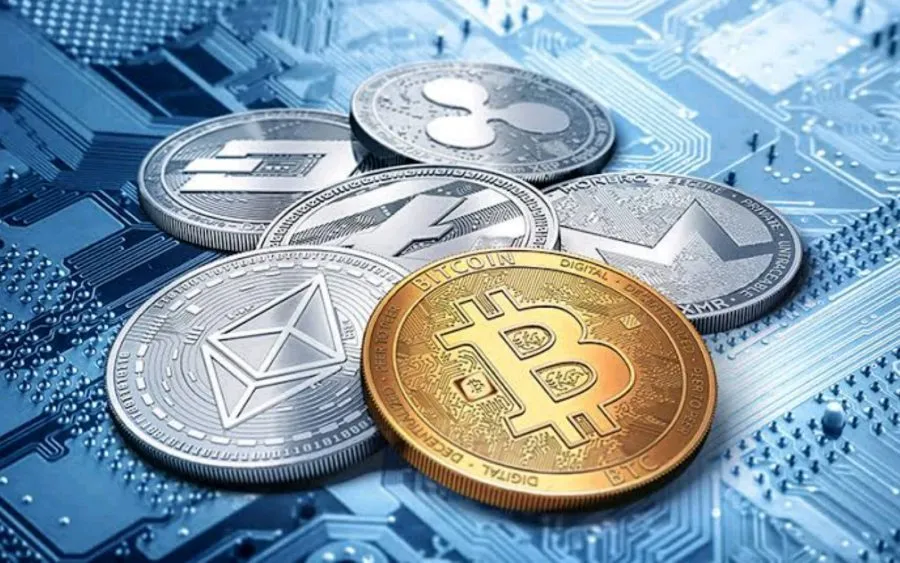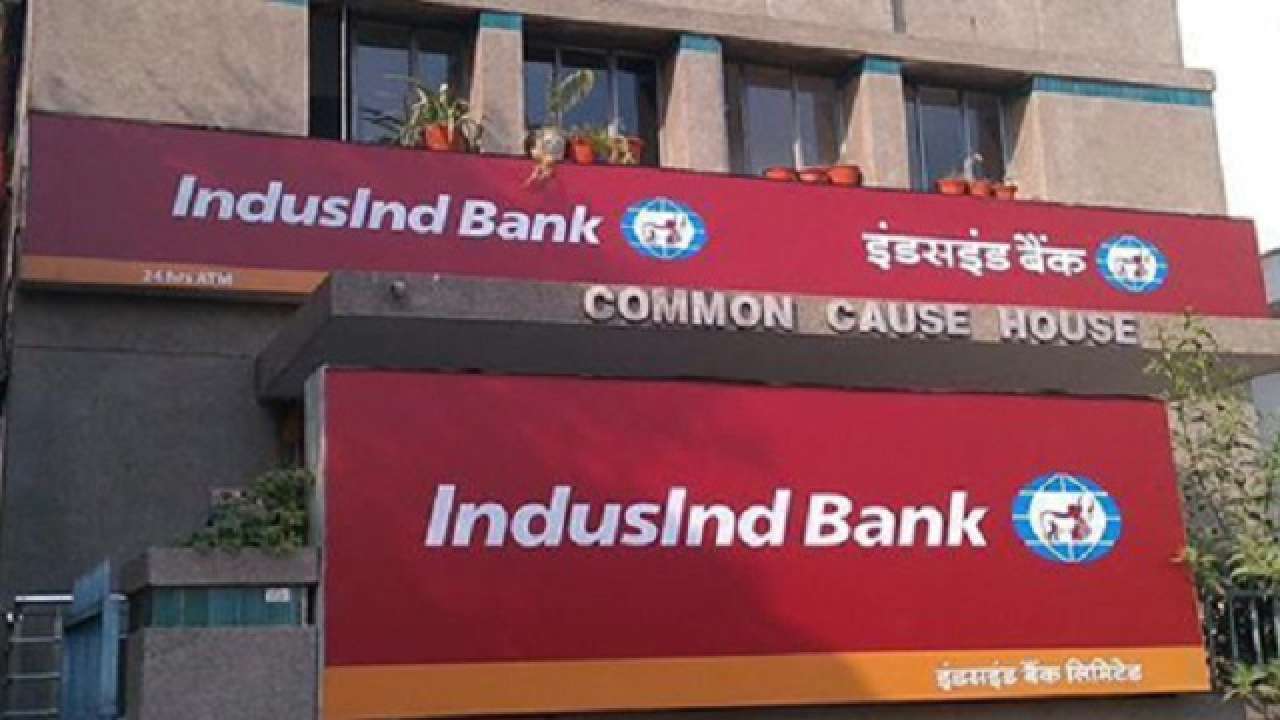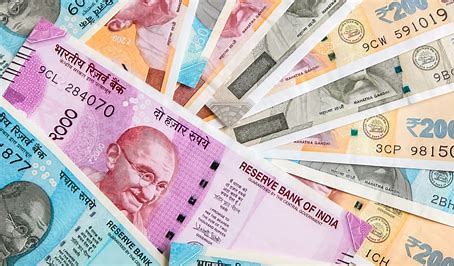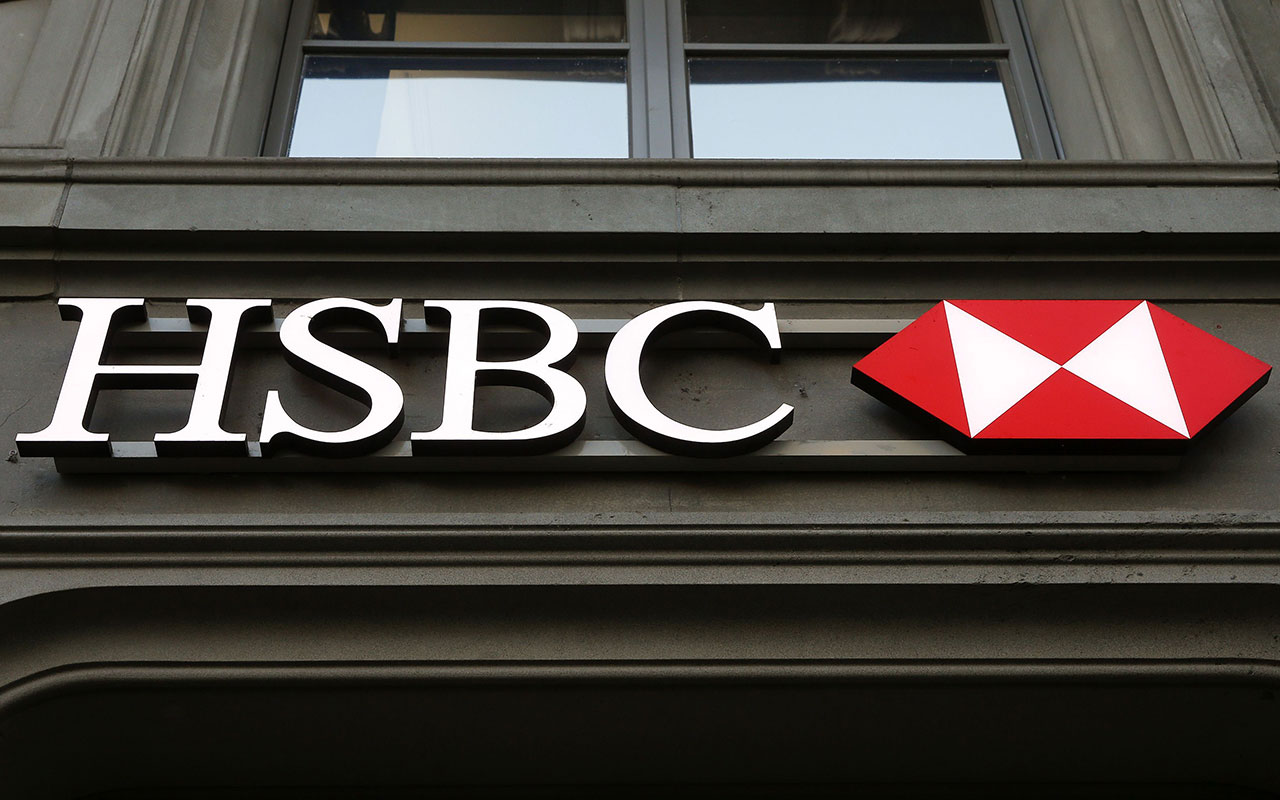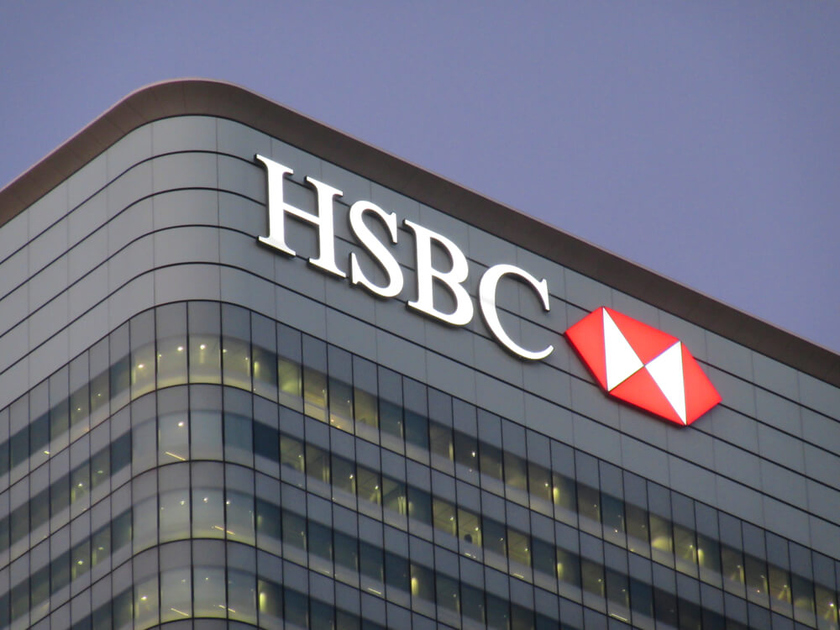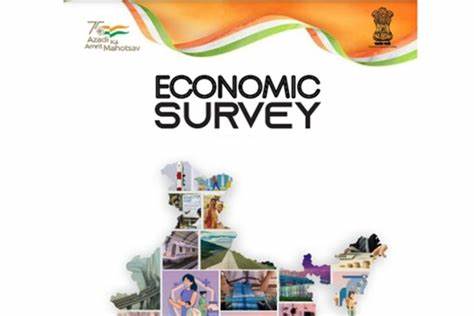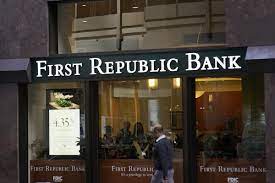
How JPMorgan Chase Saved First Republic Bank from Collapse
- Admin
In a dramatic move that shook the US banking sector, JPMorgan Chase announced on Monday that it had agreed to buy most of the assets and deposits of First Republic Bank, the third-largest regional bank in the country and the second-largest bank failure in US history. The deal was arranged by the Federal Deposit Insurance Corporation (FDIC), the government agency that insures bank deposits and intervenes when banks fail.
First Republic Bank had been struggling for months with a surge of bad loans, a loss of customer confidence and a liquidity crisis that threatened its survival. The bank had reported a staggering $4.5 billion loss in the first quarter of 2023, wiping out its capital and triggering a run on its deposits. The bank had also been under investigation by federal regulators for possible accounting fraud and insider trading.
The FDIC seized control of First Republic on Sunday night and immediately sold most of its assets and deposits to JPMorgan Chase, the largest US bank by assets and one of the few that emerged relatively unscathed from the 2020-2021 financial crisis. JPMorgan Chase said it had acquired about $200 billion of First Republic's assets and assumed about $190 billion of its deposits, including both insured and uninsured ones. The FDIC said it would retain the remaining assets for later disposition and estimated that the failure would cost its deposit insurance fund about $13 billion.
The deal marks a major expansion for JPMorgan Chase, which already has a dominant presence in consumer banking, investment banking, wealth management and credit cards. The acquisition will give JPMorgan Chase access to First Republic's affluent customer base, especially in California, where First Republic had a strong foothold. JPMorgan Chase said it expected to incur minimal integration costs and to achieve significant cost savings from the deal.
The deal also represents a lifeline for First Republic's customers, who will be able to access their accounts and conduct normal banking activities without interruption or loss. The FDIC said that no depositor of First Republic would lose any money as a result of the transaction. The FDIC also said that it would continue to provide deposit insurance coverage for First Republic's customers up to the legal limit of $250,000 per depositor.
The deal is subject to regulatory approvals and is expected to close in the second quarter of 2023. JPMorgan Chase said it would provide more details on the transaction during its earnings call on Tuesday.
The rescue of First Republic by JPMorgan Chase is the latest attempt by federal regulators to stabilize the US banking system, which has been rocked by three major bank failures in less than two months. In March, the FDIC took over Silicon Valley Bank and Signature Bank, two other regional banks that had suffered from heavy loan losses and deposit outflows. The FDIC sold Silicon Valley Bank to Wells Fargo and Signature Bank to Bank of America in similar deals that protected all depositors.
The spate of bank failures has raised concerns about the health and resilience of the US banking sector, especially among smaller and midsize banks that have less diversified sources of income and funding than their larger peers. The FDIC has warned that more banks could fail in the coming months as the economic recovery remains uneven and uncertain amid the ongoing Covid-19 pandemic.
The FDIC has also urged Congress to replenish its deposit insurance fund, which has been depleted by the recent bank failures. The FDIC said it had about $80 billion in its fund as of March 31, down from $115 billion at the end of 2022. The FDIC said it expected to collect about $12 billion in premiums from banks this year, but that may not be enough to cover potential losses from future bank failures.
The FDIC has also asked Congress to extend its authority to borrow up to $500 billion from the Treasury Department in case of an emergency. The authority was granted by Congress in 2020 as part of the CARES Act, but it is set to expire at the end of this year. The FDIC said it had not used this authority so far, but it wanted to keep it as a backup option in case of a systemic crisis.
The rescue of First Republic by JPMorgan Chase also raises questions about the concentration and competition in the US banking industry, which has become increasingly dominated by a handful of large players. JPMorgan Chase, Bank of America, Wells Fargo and Citigroup now control more than 40% of all US deposits and more than 50% of all US assets.
